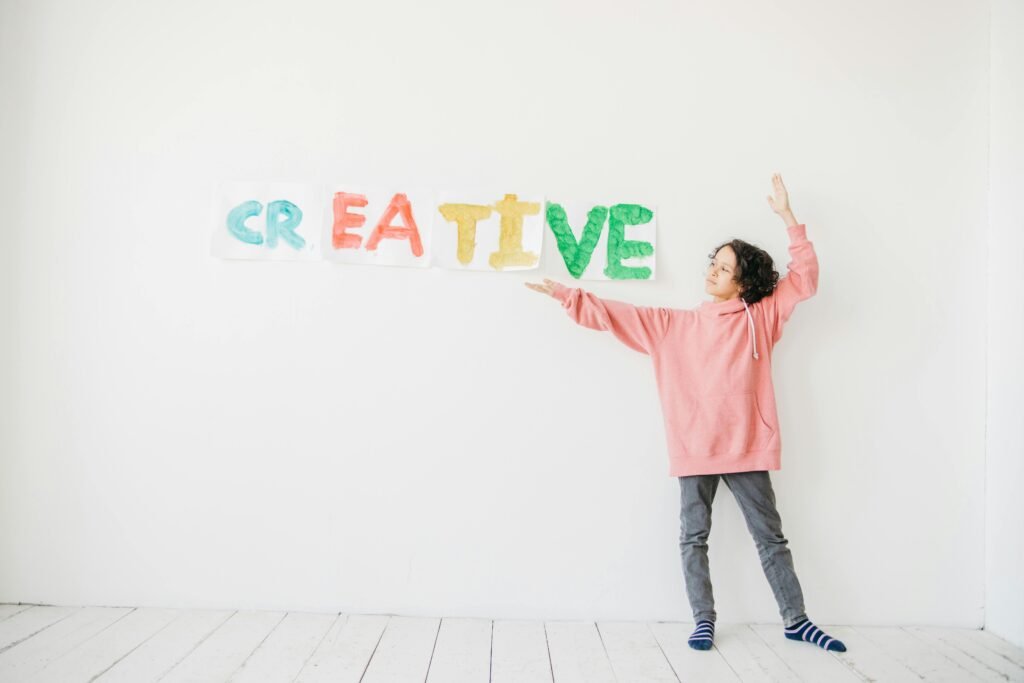CREATIVITY –
At first glance, the notion of creativity seems to be mostly an abstraction – something to simply admire or think about. But, on closer examination, it actually becomes a blueprint for action. It can be transformative of one’s life, leading to all kinds of new approaches to how one thinks about one’s life and how that often calls for setting goals (and creating dreams!) and following through on them.
Creativity: It doesn’t just apply to “the arts.”
- It plays a central role in fields as diverse as business, scientific research, engineering, and medicine.
Creativity: It is based on our very core – our biology – the makeup of our bodies (brains and nervous systems).
- Without getting into the technicalities, what this means is that we are hard-wired to apply Divergent Thinking – the ability to produce multiple solutions to a single problem. It is also paired with Convergent Thinking – which narrows down options to the most effective outcome.
Creativity: It thrives in open-ended environments.
- Educational systems that promote rote memorization and standardized testing kill the creative spark. By contrast, open-ended environments that encourage us to challenge the status quo foster creativity.
Creativity: Healthy for a vibrant workplace.
- Encourage experimentation, tolerate failure, and reward original thinking make for companies that are innovative and maintain a competitive advantage.
Creativity: Often misunderstood.
- It is not synonymous with chaos. On the contrary, creativity paradoxically works best within certain boundaries that agreed upon by the participants in an organization or environment.
Creativity: It has important implications for society.
- Especially in times of crisis, whether political, environmental, or economic, the novel and adaptable thinking characteristic of creativity allows society to move forward in a way that minimizes debilitating disruption.
